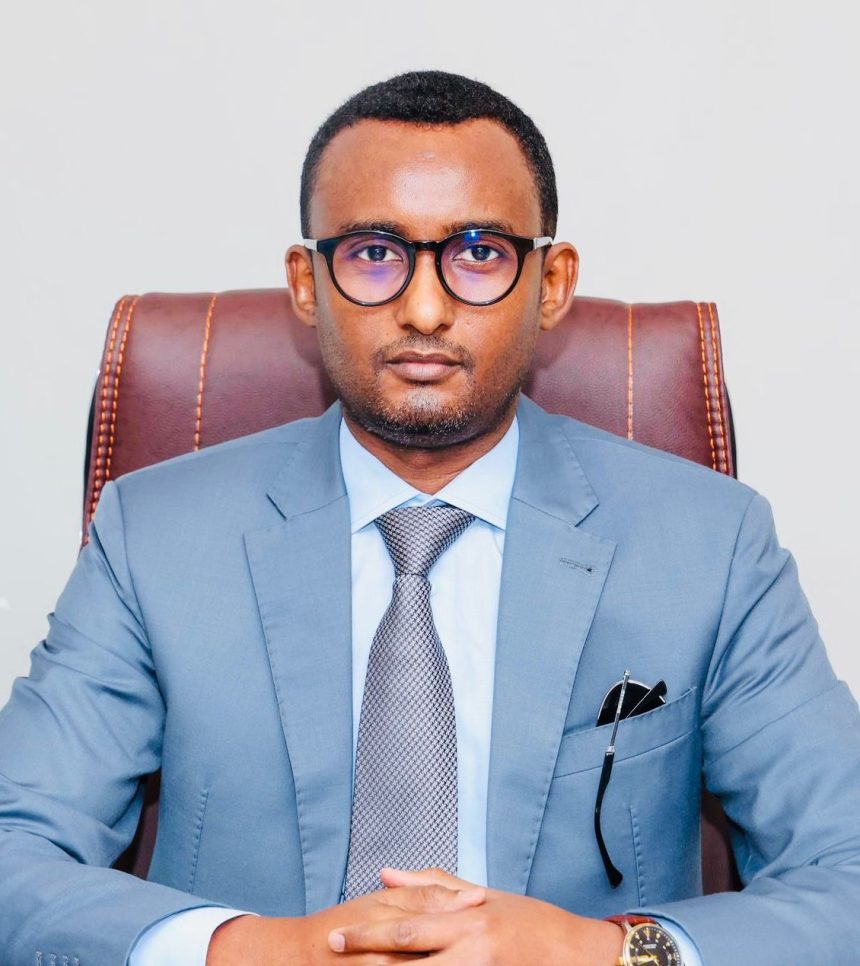In international relations, states rarely negotiate over a single issue at a time. Rather, diplomacy often involves simultaneous bargaining across multiple dimensions—political, economic, security, and cultural. This complexity necessitates a more dynamic and multidimensional approach to international crisis management. Decision-making in diplomacy is rarely linear; states must prioritize, compromise, and at times escalate. In certain cases, they may even regard specific issues as worth the risk of conflict.
In recent years, Somalia’s foreign policy has lacked coherence and continuity. This disjointedness has created space for neighboring and other foreign states to exert influence—sometimes directly, sometimes through subtle diplomatic channels—on Somalia’s internal affairs. The country’s fragile political and security environment has only deepened this vulnerability, leading to fragmented foreign engagements and diplomatic setbacks.
Somalia must urgently adopt a more strategic, interest-driven foreign policy—one that is led by qualified professionals with a strong grasp of international relations and diplomacy. These experts should work closely with elected leaders to ensure that policy decisions reflect both technical expertise and national priorities. A modern foreign policy for Somalia should rest on key pillars: trade and economic relations, political alliances, military cooperation, and cultural exchange. Crucially, diplomatic ties should be shaped not by historical labels of “friend” or “foe,” but by sober assessments of strategic relevance and mutual respect.
Other nations provide useful lessons. For example, former UK Prime Minister Boris Johnson once declared in the House of Commons that the UK must “stay close to America,” highlighting the UK’s enduring alignment with U.S. strategic interests. Similarly, Somalia’s foreign policy should be rooted in shared values, sovereign equality, and pragmatic partnerships—whether with global powers or regional neighbors, regardless of their relative economic or military strength.
Diplomacy today is no longer power-centric alone—it is values-based, inclusive, and multidimensional. Effective foreign policy requires expertise in history, geography, negotiation, peacemaking, international law, and conflict resolution. President Hassan Sheikh Mohamud’s recent regional visits—to the UAE, Eritrea, Kenya, Turkey, Djibouti, and Egypt—demonstrate a renewed focus on bilateral cooperation and trust-building. These trips signal a shift toward a diplomacy that is assertive yet conciliatory, principled yet pragmatic.
While the president has played a leading role in revitalizing Somalia’s foreign engagement, the Ministry of Foreign Affairs must serve as the institutional engine driving this transformation. Under the president’s guidance, Somalia’s diplomatic corps must be empowered—technically competent, professionally trained, and strategically oriented—to defend and promote the country’s interests on the global stage.A central question remains: Is Somalia ready to shift from a reactive to a proactive foreign policy approach? Strategic diplomacy demands foresight and discipline. It also requires clear alignment with Somalia’s international obligations and partnerships, including those with the United Nations, the African Union, IGAD, and other regional bodies.
At its core, diplomacy is about building enduring relationships and resolving disputes without resorting to conflict. It fosters collaboration across economic, cultural, and scientific domains. Yet, diplomats from smaller or less wealthy states are often misjudged as lacking influence. This perception is misleading. True diplomatic strength lies in clarity of purpose, consistency in messaging, and the ability to craft and pursue alternative paths when negotiations stall. Influence is not a function of size or wealth—it stems from strategic clarity and diplomatic competence.
In an increasingly fragmented and competitive global order, Somalia must invest in developing a skilled, professional diplomatic service capable of navigating complex international landscapes. Without such investment, attempts to redefine Somalia’s global posture may fail, potentially deepening the country’s isolation or dragging it into unnecessary geopolitical conflicts.
Recent engagements, including the meeting between President Hassan Sheikh Mohamud and Egyptian President Abdel Fattah El-Sisi, point to Somalia’s intention to pursue deeper security cooperation. This is both timely and necessary. In a region beset by insecurity and shifting alliances, Somalia faces a delicate security dilemma. As a state still recovering from prolonged instability, it must pursue partnerships that reinforce national sovereignty while also addressing regional concerns.
In the Horn of Africa, one country’s security move can easily be perceived by others as a threat. Somalia must navigate this volatile environment with care, upholding its right to defend itself while remaining sensitive to regional dynamics and perceptions.
Ultimately, Somalia must take proactive, deliberate steps to build diplomatic relationships grounded in mutual interest and respect. Establishing strong, balanced partnerships—such as those with Egypt and other key actors—will be essential to safeguarding Somalia’s national interests in a turbulent and competitive global arena.
Dr. Mohamed Omar Bincof, PhD
Political Scientist, Public Policy Expert, and Advocate for Good Governance in Somalia
bincof@gmail.com





